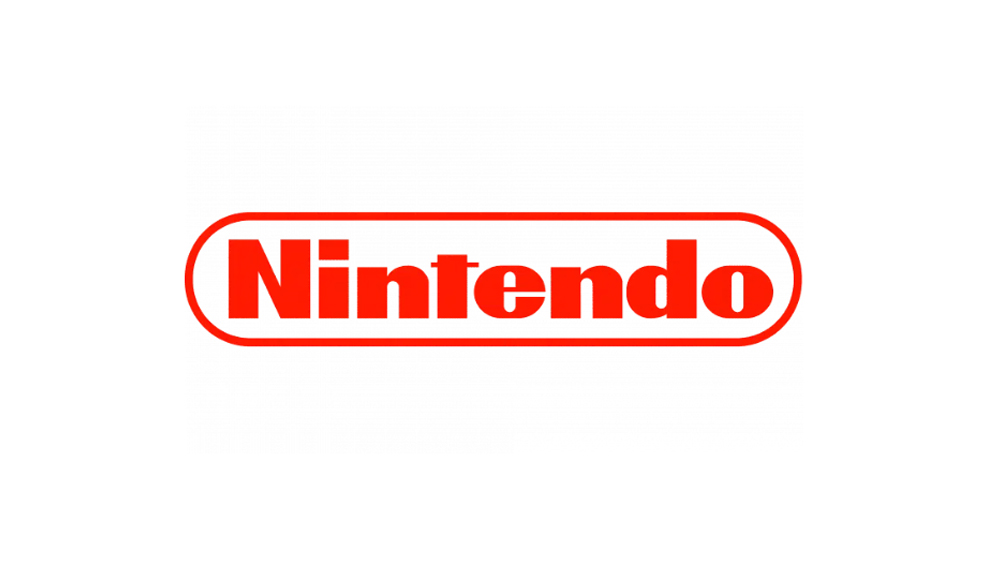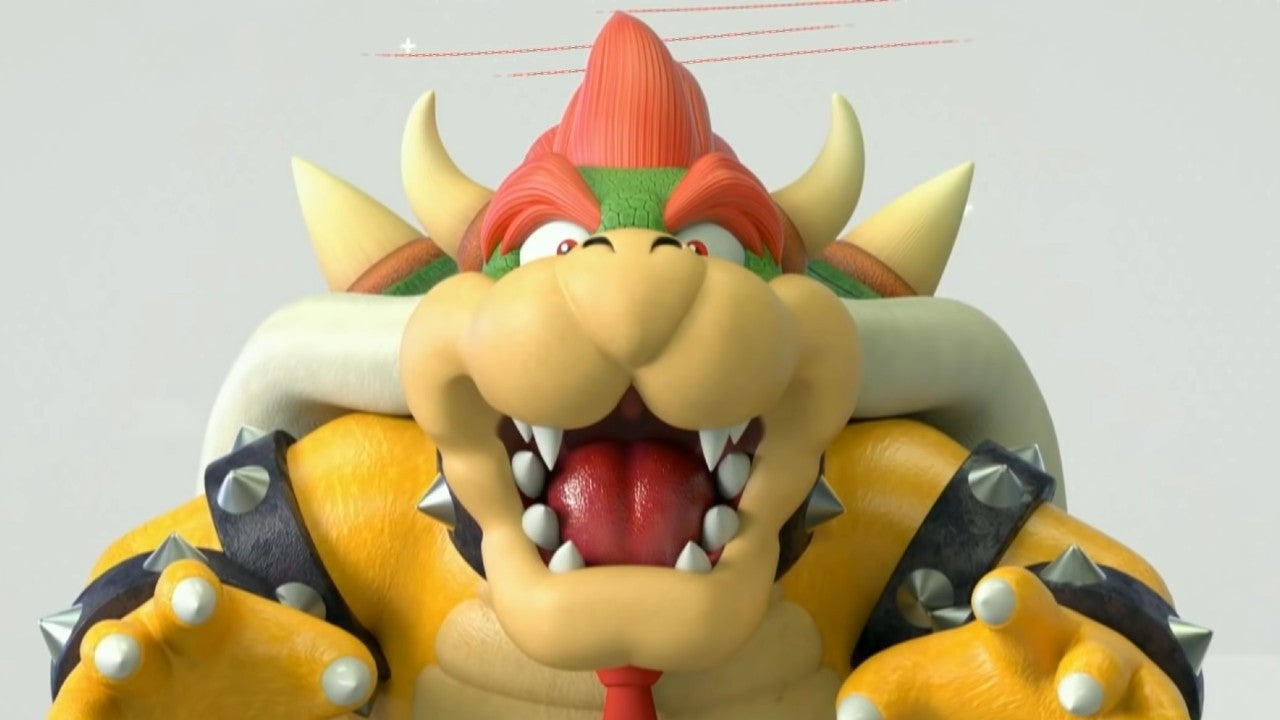

Nintendo is a big name in the gaming world, and they’ve always stood up against piracy. With online distribution platforms and digital content being so easy to share, Nintendo has had a lot of problems protecting its IP. In recent years, Nintendo has been trying to fight piracy by taking legal action against people who are illegally downloading and distributing their games.
Watch What’s Trending Now!
This article looks at some of the times Nintendo has taken legal action against pirates, and what happens to people and groups who do this.
ADVERTISEMENT
D Storage: A Costly Lesson
Nintendo has a long history of cracking down on piracy, with one of the most notable cases being that of D Storage, a platform that was found to be unlawfully distributing Nintendo ROMs. These ROMs are digital copies of Nintendo’s games, and Nintendo was quick to take legal action against D Storage, resulting in substantial fines and legal fees, totaling more than $500,000 USD.

ADVERTISEMENT
This incident serves as a reminder of Nintendo’s unwavering commitment to protecting its intellectual property rights, and its willingness to pursue legal action against infringers.
ADVERTISEMENT
Gary Bowser and Team Executor: A Prison Sentence and Financial Burden
Gary Bowser was convicted of piracy in 2021 and put in jail for 40 months. He was released at the start of 2023, but the effects of what he did are still felt today. Nintendo has been cracking down on piracy for a while now, but this case is a reminder that if you do something illegal, you could end up in jail and have to pay a lot of money.
Top Stories
Sean Payton Announces Retirement Plans as Broncos HC Demands Improvement From Bo Nix & Co. Before Playoffs

Greg Biffle’s $4M Worth Prized Possession Still Without a Buyer Leaves NASCAR Fans Heartbroken

LIV Golf Braces for Another Possible Exit in Wake of Brooks Koepka Departure

Biff Poggi All But Confirms Bryce Underwood’s Michigan Future After Announcing His Own Departure

Roger Federer Draws Criticism from Swiss Government Chief for Tourism Boom in Country

NASCAR World Mourns as Former Watkins Glen President Michael Printup Passes Away at 60

ADVERTISEMENT

Team Executor was a group that specialized in making tools and methods for people to play Nintendo ROMs illegally on Nintendo’s systems. They were convicted of piracy and now they have to pay up to 14.5 million dollars, which is about 25 to 30% of their income.
ADVERTISEMENT
Read More: Long Buried Nintendo Secret Reveals The Switch Almost Had 3D In It!
Nintendo’s firm stance against piracy is evident in its proactive measures and legal actions. Cases like D Storage and Gary Bowser’s involvement with Team Executor demonstrate the company’s determination to combat piracy through hefty fines and prison sentences. By taking such actions, Nintendo aims to deter pirates and protect its intellectual property, as well as the integrity of the gaming community. These examples serve as a warning to potential offenders, emphasizing the importance of respecting intellectual property rights and supporting the industry’s growth by purchasing games through legitimate channels.
Watch this Story | Nintendo Switch 2 Being as Powerful as PlayStation 4 is Not a Bad Thing
ADVERTISEMENT
ADVERTISEMENT
ADVERTISEMENT
ADVERTISEMENT

